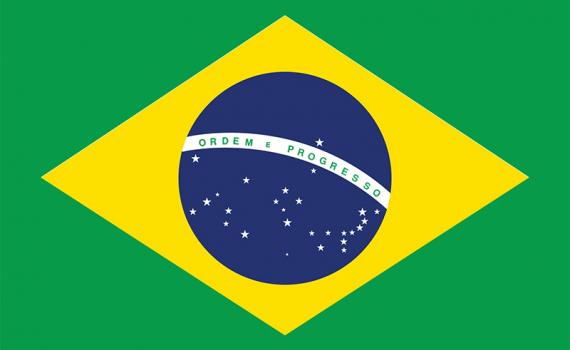
EIFL welcomed the opportunity to submit comments on Brazil’s implementation of the Marrakesh Treaty for persons with print disabilities. The comments focused on Article 4(4) of the treaty, an optional provision that allows a country to confine exceptions to works that are not available on the commercial market under reasonable terms, the so-called ‘commercial availability test’.
EIFL opposes the introduction of a commercial availability test because it would undermine the overarching objective of the Marrakesh Treaty, which is to expand the availability of accessible format works for persons with print disabilities. It would especially hamper cross-border exchange of accessible format works, widely recognized as key to ending the global ‘book famine’ for persons with print disabilities, and fundamental to the treaty’s success.
Commercial availability checks undermine equality
The public consultation, organized by the Special Secretariat for Culture (SECULT) at the Ministry of Tourism, aimed to collect comments on the draft decree for national implementation of the treaty. A key question was whether Brazil should introduce the optional commercial availability test in the treaty.
EIFL strongly urged Brazil not to introduce the test, noting real practical problems if libraries have to check whether a requested work is available for purchase before an accessible copy can be made. For works published outside Brazil, it would be impossible to ascertain with certainty if the particular work is available in the requested format.
Information requests from users would inevitably be delayed, or even denied, because not all libraries have the staff or resources to undertake these checks on a case-by-case basis, and the risk of being sued by the copyright owner in the event that a work turns out to be commercially available, may be deemed too high, especially for cross-border uses.
A commercial availability test would impose extra barriers and costs on the right to read for persons who are blind or visually impaired, and so prevent libraries from serving them on an equal basis as others, thus undermining the human rights principles enshrined in the Marrakesh Treaty.
Brazil’s proud role in the Marrakesh Treaty
In 2009, Brazil, together with Ecuador and Paraguay, made the very first proposal at the World Intellectual Property Organization (WIPO) for a treaty on copyright limitations and exceptions for the benefit of people who are blind and visually impaired. Throughout the negotiations, Brazil was a leading proponent in the treaty’s adoption in 2013 at a Diplomatic Conference in Marrakesh. Today, Marrakesh is WIPO’s most successful and popular treaty.
EIFL hopes that Brazil will choose to maximize the benefits of the treaty, that everyone worked so hard to achieve, and will not introduce a commercial availability test in its national implementation.
BACKGROUND
Brazil ratified the Marrakesh Treaty in 2015. In accordance with Brazilian jurisprudence, ratification was by Constitutional amendment, due to the human rights nature of the treaty. It was enacted by Decree No. 9.522 of October 8, 2018.
In June-July 2020, a public consultation was held to collect comments on the draft regulation.
- Read EIFL’s comments on the public consultation here in English, and here in Porguguese.
- Read the Brazilian edition (in Portuguese) of EIFL’s resource, ‘Getting Started. Implementing the Marrakesh Treaty for persons with print disabilities. A practical guide for librarians’.
- Read more about EIFL’s support for the Marrakesh Treaty.
SHARE / PRINT









